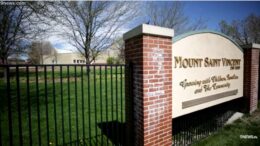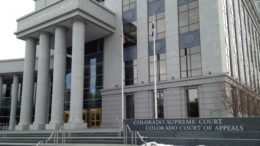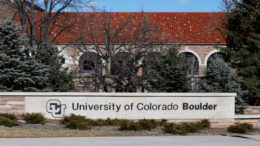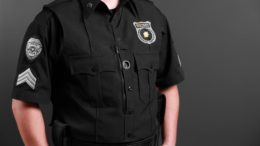News organizations ask judge to reconsider his decision to seal Barry Morphew arrest affidavit
Several Colorado news organizations have asked a Chaffee County District Court judge to reconsider his June 4 order sealing the 130-page arrest warrant affidavit for Barry Morphew, who is accused of murdering his wife, Suzanne Morphew, in 2020.









